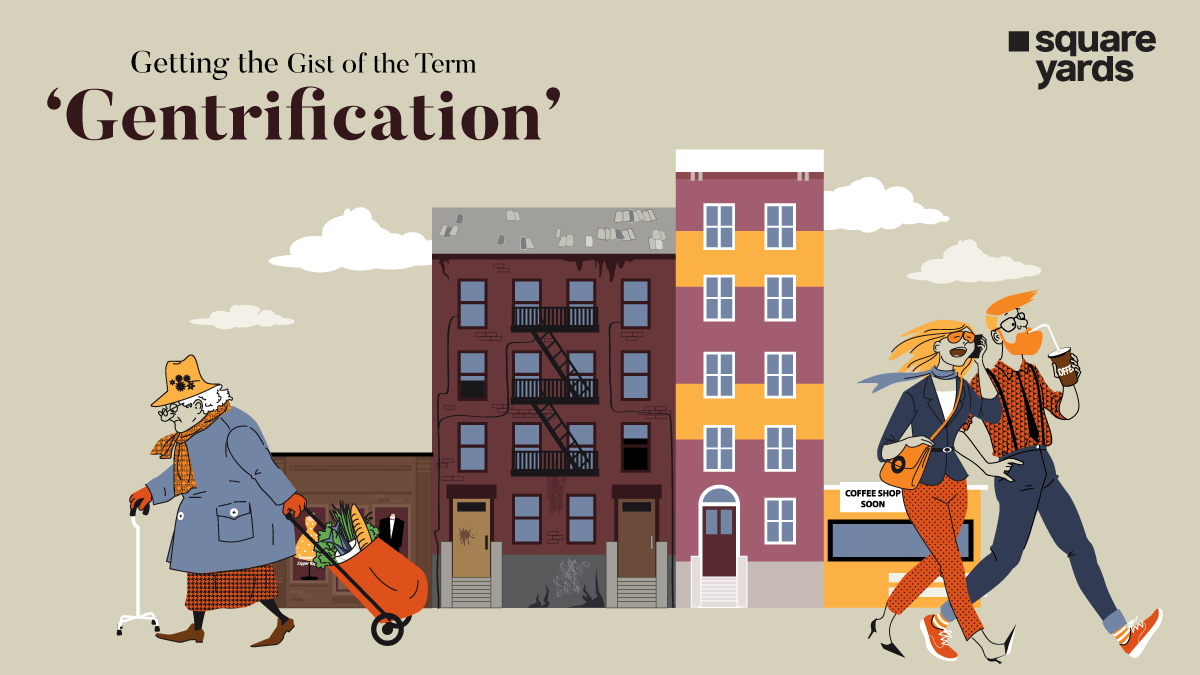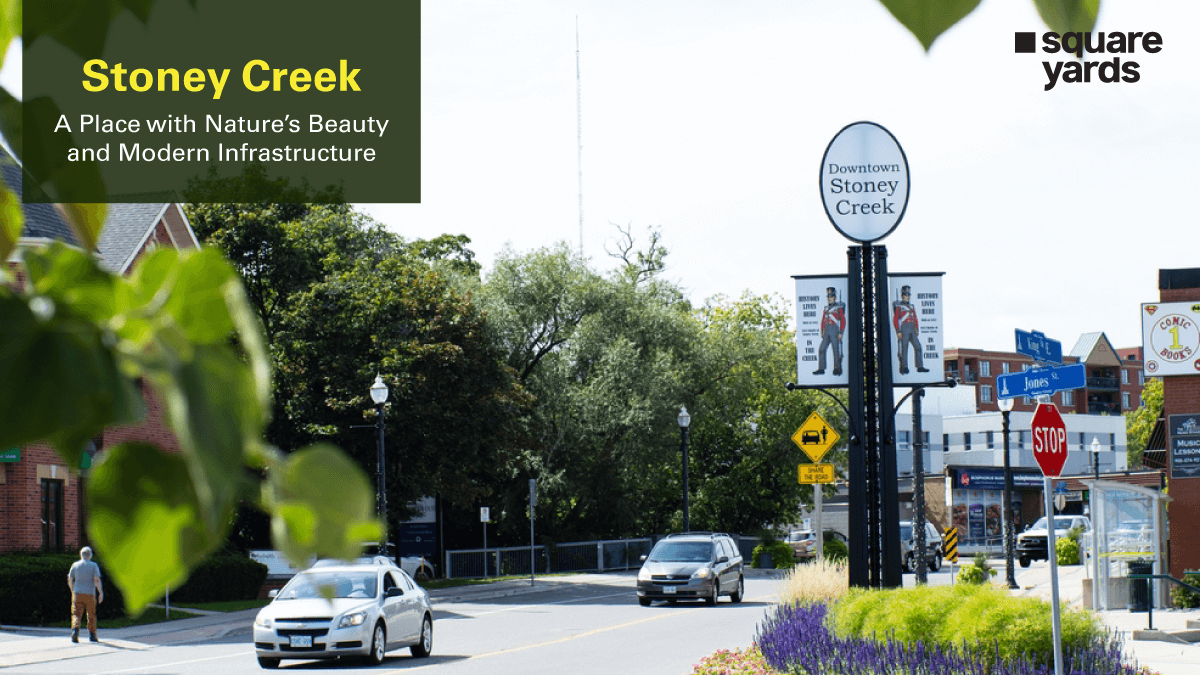Planning your life meticulously is an important task from a young age. Be it handling finances, investments or real estate financial planning. This process can be delayed in life but shouldn’t be skipped to achieve a planned present and future for you and your family. Let’s understand what real estate planning is in Canada and what fears are attached to this process.
What is the Trend in Canada Estate Planning?
Estate planning refers to preparing and compiling one’s assets. It is a preparatory step in case of incapacitation or death, which can lead to a stress-free and planned transfer in the future. Creating a will, managing finances, listing debts and assets and compiling funds come under Canada estate planning.
Planning includes a bequest of assets to loved ones, setting any estate taxes, debts and guardianship of minors and pets. A recent survey has revealed that only 55% of Canadians have a will ready. That’s also because creating a will at a younger age might be daunting. Some of the prominent fears associated with Canada estate planning are mentioned below.
Three Most Common Fears
Investing in real estate or Canada estate planning can be one of the most important decisions of your life.
1. Monetary Burden
Canada estate planning is expensive; many costs and fees are involved, like legal, accounting, probate, executors and court. This easily transforms this process into a more expensive one. The biggest fear among Canadians when doing estate planning in Canada is the financial burden of spending thousands of dollars. Here are some ways through which you can reduce expenses and manage your budget:
-
-
Avoiding Probate Fees
-
Portable value depends on the total value of your property if you own insurance policies and hold your assets after naming your beneficiaries. Accumulate money in registered saving plans such as RRSP (Registered Retirement Savings Plan), RRIF (Registered Retirement Income Fund) and TFSA (Tax-free savings account). Hold your assets in a joint account; while alive, you can gift them or set up a trust and become the “trustee”. Transferring funds into this trust will allow you to create a dual will.
-
-
Engage in Persuasive Negotiation with Professionals
-
While Canada estate planning involves the engagement of lawyers and accountants, which can cost you several dollars, to save more, try negotiating with your lawyer, as there is always room for negotiations.
-
- Change your Existing Professional Advisors
If your team of professionals can’t help you save more money than others, there is no better time to switch your advisors and save your finances accordingly.
2. Disagreement and Strife
When a property is distributed among siblings or families after the demise of its sole owner, it can involve several uncalled disputes and disagreements. Each beneficiary expects to be given a fair share of the property. Canada estate planning involves a major fear among the owners of estranged relationships with children and siblings, as no one believes in balancing the assets and respecting the consequences. These disputes generally strip you of mental peace and happiness.
3. The Official Will Turning into a Public Document
What you earn belongs to your descendants with whom you want to share your wealth. However, after probating the will, it becomes a public document, and any public member can get a copy and study it. It augments the chances of getting challenged by fraudsters, con artists, and even lawyers who want to gain unjustly. A challenge like this will remain in the court for years, and the eligible beneficiaries are usually in for a long delay. The real estate value deteriorates, leading to monetary losses.
Wrapping up
Canada estate planning is essential to achieve a planned future. We all know making a will and planning your assets is a long process, but it is as essential as investing at a young age. We hope this blog on Canada estate planning helps you fight the fears of real estate and assets planning with tips and tricks to save more.
You May Also Read :
|
Best Neighbourhoods in Ottawa |
|
|
All About Buying Pre Construction Homes |
|
|
Find New Build Houses |
|
|
Know The Home Price in Canada |
Frequently Asked Questions (FAQs)
The main concern of Canada estate planning is to create a fair share of assets among all beneficiaries to skip disputes among family members. It is smart to start planning early and discuss with family members to avoid extra costs and payments.
Real estate financial planning is essential to guide loved ones after your passing. Anyone owning financial assets, debts, minors, funeral wishes and any planned gifts must plan their assets beforehand.
One of the biggest disadvantages of a living trust in Canada is that it has ongoing costs that ensure compliance with the law. The trustee is required to file a trust tax return annually.
The estate tax in Canada is not set. However, the country expects payment of the probate fees.
The sole idea of Canada estate planning is to manage your assets and create a will beforehand so that after your demise, the process is easier to accommodate without further discussions. What are the considerations for estate planning in Canada?
Why is estate planning important in Canada?
What are the disadvantages of a living trust in Canada?
How much is estate tax in Canada?
What is the main idea of estate planning?


































